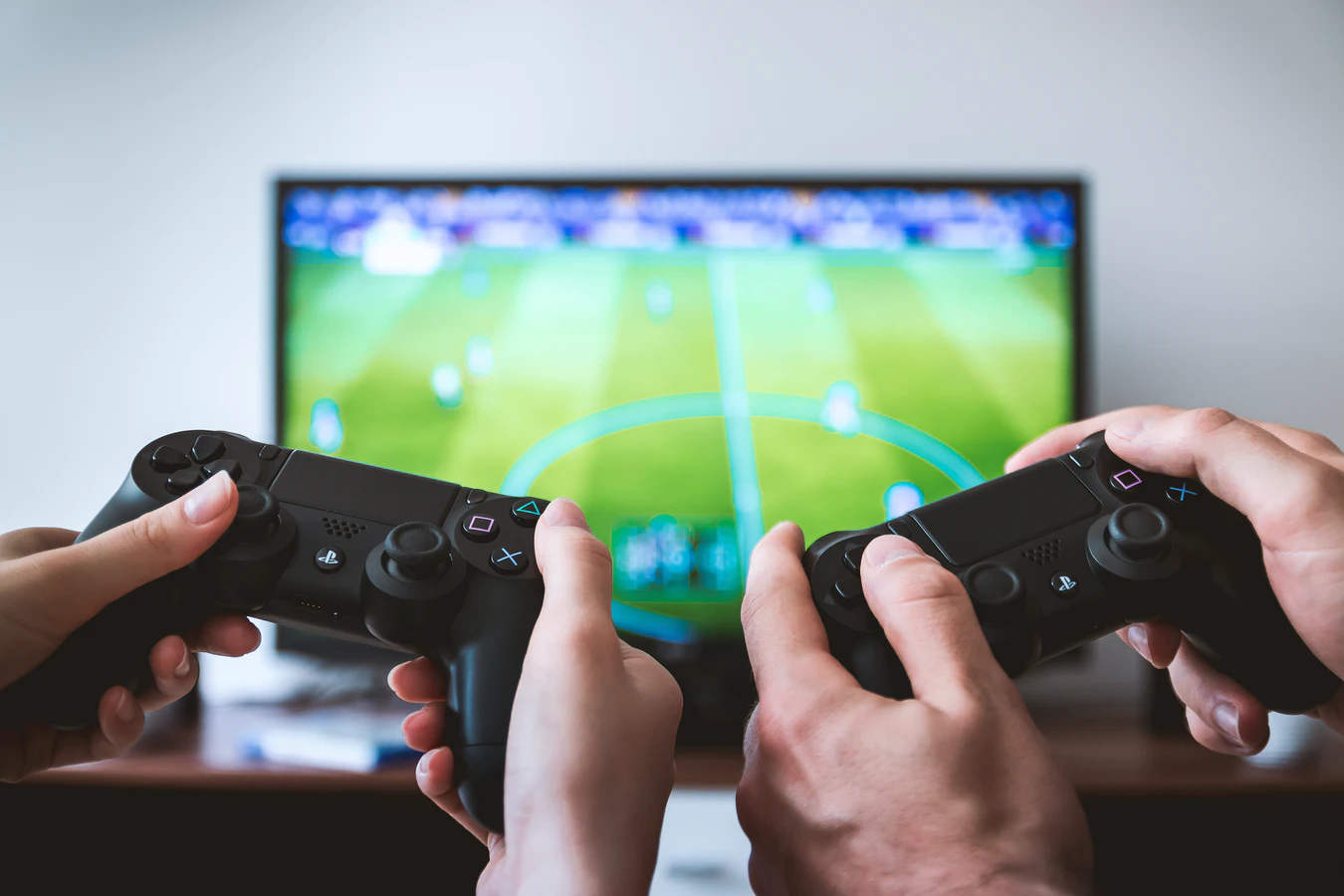Why Playing Games Is Important for Every Aspect of the Human Endeavor
Playing games has often been seen as a non-productive pastime. Games, grown-ups around the world tend to say, are a waste of time. And why wouldn’t they be? In today’s world competitiveness seems to be overly-important. We are ushered into pieces of training, classes, and extra curriculum activities around the clock, with little to no time allocated to rest. Yet, having a bit of fun doesn’t hurt. It helps the brain wind down and recharges in a meaningful way. So, next time you see a list of live roulette offers, you might want to consider giving it a go. With this said, we will now go through the benefits of playing games.
#1 A Better Learning Experience
Games may have been seen as not belonging in the classroom until recently, but something has snapped in the minds of teachers. We, humans, are built to riot against the established order. Conduits of chaos, pupils, are best left to their own devices – well, almost.
The point here is that games can actually be quite beneficial. Some students are just reluctant to take upon hard work or aren’t interested in the subject. However, they may be interested in a game that allows them to feel included and to discover new knowledge, by themselves, on the spot.
Of course, such educational games needn’t be too complex or require too much knowledge from the pupils beforehand. Yet, they are helpful and allow an individual to learn, no matter what their background. Games, as it turns out, aren’t a waste of time, and they belong exactly in the classroom.
#2 New and Exciting Way to Meet People
Games are quite sociable by design. Even if you are playing online, you are still building up meaningful social interactions. We, humans, are hardwired to desire social interaction and will seek it in everything we do.
Whether it is going to work or staying at home playing a game, our brains are hardwired to want and yearn for connection. Players will have plenty to be happy about. Whatever the game, there is always a social element in it, and being sociable translates into better creativity, longevity and better health overall.
#3 Developing Important Qualities
Yes, you can use games to train skills that you may struggle acquiring. Teaching the piano or the violin shouldn’t be about repetition. There are many fun games you can play to master some hard pattern or to learn how to carry over a chord if your hands are too small, for example.
Athletes don’t go to top-performances overnight. In fact, many start from a place where they have no aptitude, feel awkward and even clumsy. Yet, games train them to become some of the most formidable athletes there are.
#4 Games Are Good for Your Mental Health
This may seem like a bit of a stretch, but as a popular saying has it, “all work and no play make Jack a dull boy.” That is true, your brain is a muscle, and it needs exercise, yet to make sure you are truly developing it, you will need to make sure that it has enough time to relax.
To do just that, we recommend, and rather enthusiastically at that, to always allocate time for relaxation. Games may not completely relax your brain, but they are meaningful and recreational. Whether you play chess, roulette or another board game, you will be improving your mental health.
Whether you are successful or unsuccessful at a game doesn’t matter, because you will derive the same satisfaction from a game. Now, if you are too competitive in nature, then you might want to win to feel good, but even then, you are still reaping cerebral rewards.



